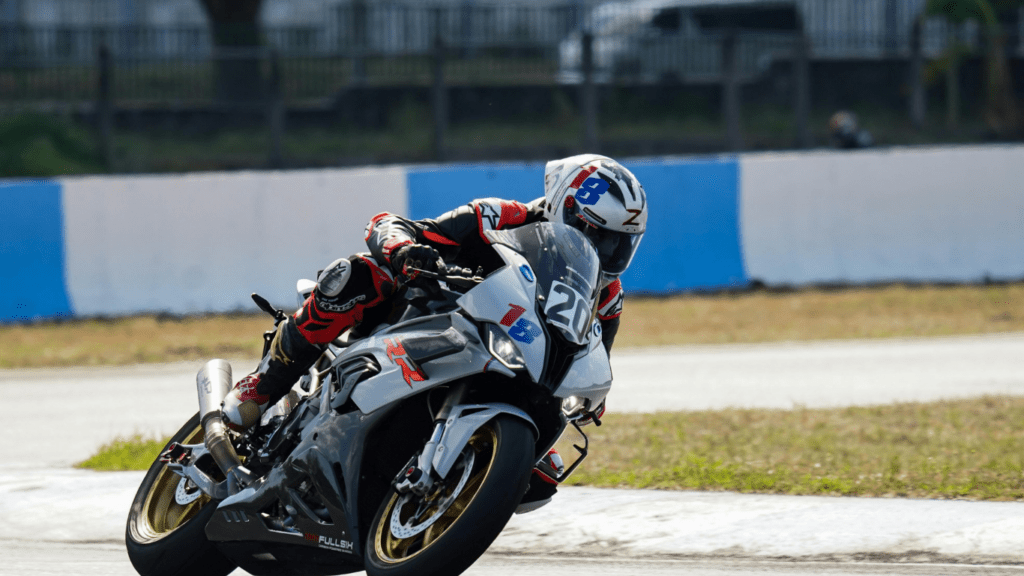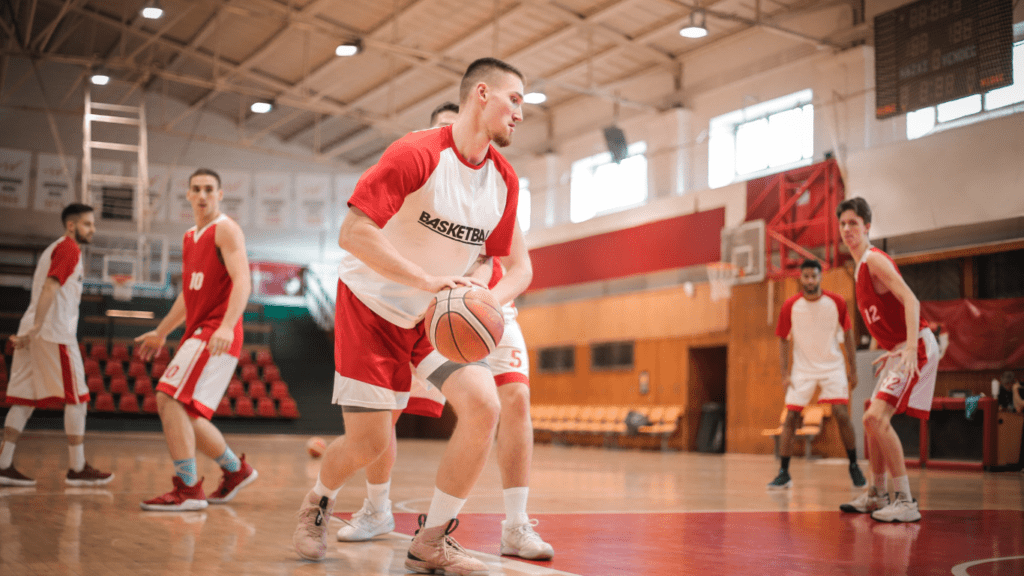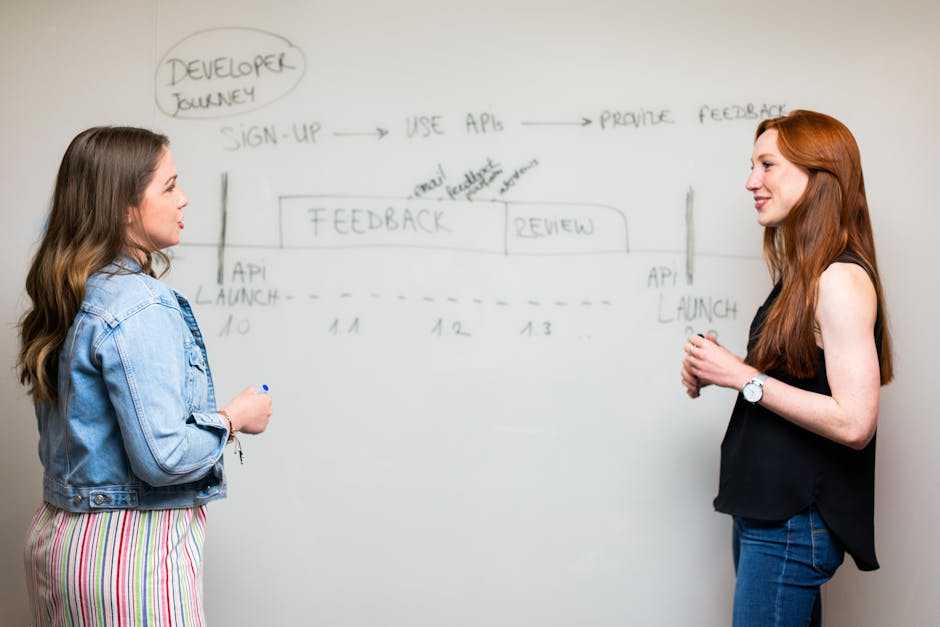Mastering a new skill can feel daunting, but understanding the principles of motor learning can make the journey smoother and faster. I’ve delved into the mechanics of how we learn movements and discovered key strategies that significantly enhance skill acquisition.
Whether you’re an athlete, a musician, or just someone looking to pick up a new hobby, these principles can help you unlock your potential. By applying these motor learning principles, you can optimize your practice sessions and make the most of your efforts.
It’s not just about repetition; it’s about how you approach learning that truly matters. Join me as we explore these effective strategies that can transform your learning experience and accelerate your path to mastery.
Overview Of Motor Learning Principles
Motor learning principles serve as foundational elements in skill acquisition. Understanding these principles can streamline the learning process for athletes and musicians alike.
Practice & Performance Techniques
- Blocked Practice: Focuses on one skill over an extended period, promoting short-term retention.
- Random Practice: Mixes different skills within a session, enhancing long-term retention and learning transfer.
- Intrinsic Feedback: Comes from the learner’s own sensory input, aiding self-assessment.
- Extrinsic Feedback: Provided by external sources like coaches, essential for improvement and motivation.
- Simple Skills: Require less cognitive effort, allowing quicker acquisition.
- Complex Skills: Demand more cognitive resources, requiring time and layered learning strategies.
- Constant Practice: Repeats the same conditions, reinforcing specific skills.
- Variable Practice: Introduces diverse conditions, improving adaptability in varying scenarios.
By incorporating these principles, individuals can optimize their learning environments, accelerating their journey toward mastery in their chosen skills.
Types Of Motor Learning Principles
I recognize several key categories of motor learning principles that enhance skill acquisition. Understanding these principles allows me to tailor my approach to learning more effectively.
Cognitive Principles
Cognitive principles focus on the mental processes involved in skill learning. Initial stages require conscious thought and awareness, as learners actively engage in problem-solving and strategy development.
Clear instructions, mental rehearsal, and visualization techniques improve cognitive processing. These tools facilitate comprehension, helping me break down complex tasks into manageable parts. Engaging with cognitive principles enhances memory retention, allowing me to progress through stages of skill development more efficiently.
Associative Principles
Associative principles track the transition from novice to skilled performer. As I practice, I refine my movements through feedback and error correction. This stage emphasizes consistency and gradual improvement.
Deliberate practice, involving repetition of specific tasks, promotes deep learning and helps me understand the connections between my actions and their outcomes. Incorporating varied scenarios keeps my practice engaging and furthers my development. Building associations between stimuli and responses supports skill refinement, driving performance enhancement.
Autonomous Principles
Autonomous principles lead to the final stage of skill acquisition where actions become automatic. In this stage, I rely less on conscious control and focus on higher-level strategies, such as goal-oriented performance.
Enhanced efficiency in movement occurs, allowing me to multitask and adapt quickly in dynamic environments. Consistent practice and diverse experiences contribute to achieving this level. Mastery in performing skills autonomously increases my confidence, enabling me to face challenges with ease and agility.
Key Factors Influencing Skill Acquisition
Skill acquisition hinges on several critical factors that enhance learning efficiency and effectiveness. Recognizing and optimizing these key components can significantly elevate one’s ability to master new skills.
Feedback Mechanisms
Feedback plays a vital role in skill acquisition. Immediate extrinsic feedback from coaches or instructors guides learners, providing actionable insights that facilitate improvement. Consistent feedback enhances understanding, allowing for adjustments in performance.
Intrinsic feedback, derived from self-assessment, reinforces learning by helping individuals recognize their progress and areas needing attention. A balanced mix of both feedback types fosters a supportive learning environment, promoting continuous development.
Practice Techniques
Effective practice techniques significantly influence skill acquisition. Blocked practice, focusing on a single skill or task, can improve performance in the short term. However, random practice, which involves mixing different skills, proves more beneficial for long-term retention and adaptability.
Implementing variable practice, where learners encounter diverse scenarios, enhances adaptability and application in real-world contexts. Incorporating deliberate practice—targeted efforts aimed at specific areas of improvement—ensures meaningful progression. Engaging in structured practice sessions will optimize skill development and promote mastery over time.
Practical Application Of Motor Learning Principles
Motor learning principles provide valuable insights for enhancing skill acquisition in various contexts. By applying these principles, individuals can optimize their practice sessions and achieve mastery more effectively.
In Sports
In sports, incorporating motor learning principles can dramatically improve performance. Athletes benefit from varied practice environments through random practice, which better simulates real competition conditions and enhances adaptability.
Utilizing immediate extrinsic feedback from coaches allows athletes to make real-time adjustments, promoting faster improvement. For example, a basketball player might receive feedback on their shooting technique after each attempt, leading to swift corrections and refinement.
Setting specific, progressive goals further enhances focus and motivation during training sessions, promoting an ongoing commitment to skill enhancement.
In Rehabilitation
In rehabilitation, understanding motor learning principles plays a crucial role in recovery and skill reacquisition. Patients engage in variable practice to improve adaptability and functional independence.
For instance, a stroke survivor may practice moving in different contexts (e.g., standing, sitting, or while distracted) to promote generalization of skills to everyday tasks. Providing timely feedback—both intrinsic observations and external insights from therapists—enables patients to track improvements and adjust their strategies.
Clear and achievable goals enhance motivation and ensure that patients remain invested in their rehabilitation journey, facilitating quicker and more effective recovery.




